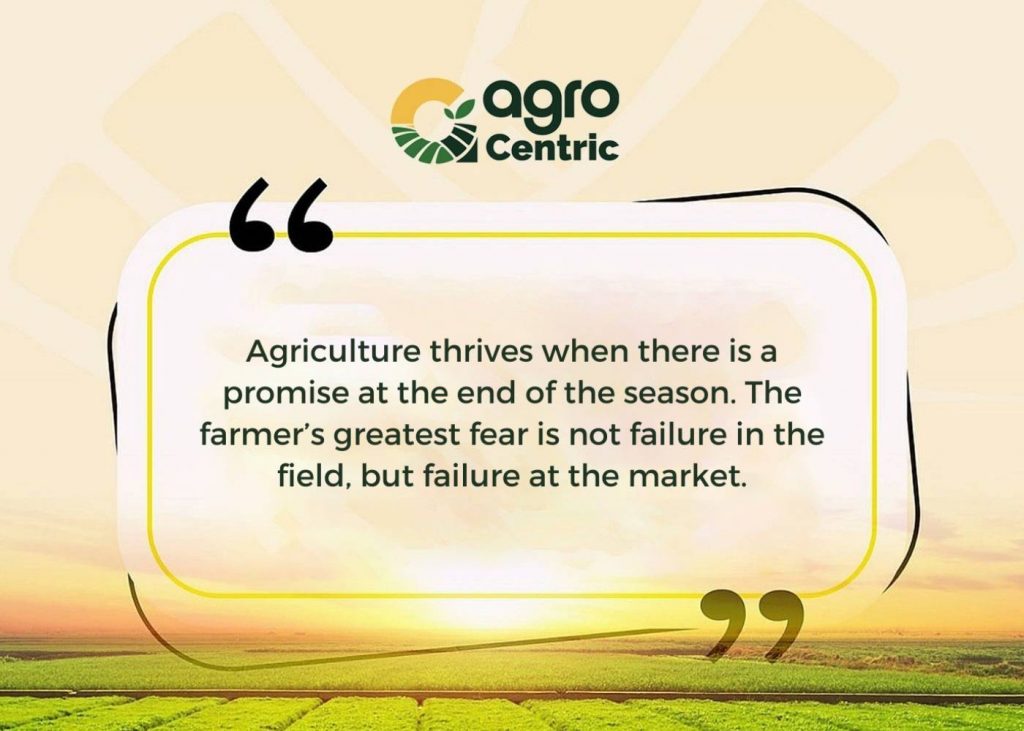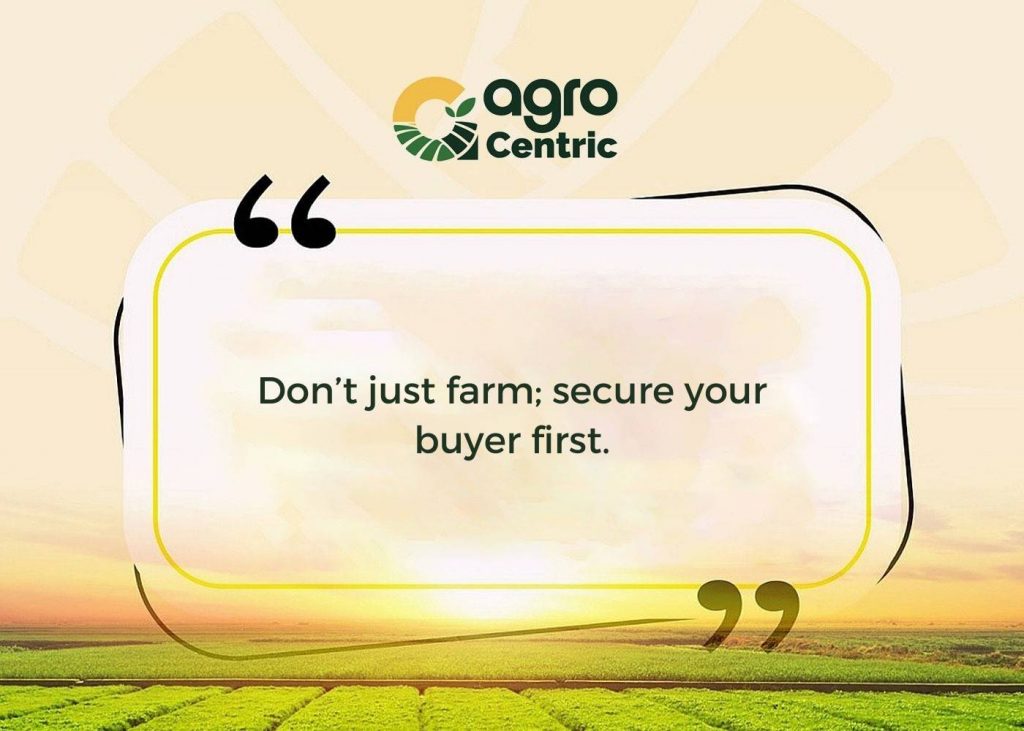
On a humid morning in Ondo State, Adeola Adegoke walks between rows of cocoa trees, the scent of fermenting pods heavy in the air. For decades, he and thousands of others like him have lived by the whims of the global cocoa market. Prices rise, prices fall, and farmers often learn the news too late. Some years, they sell at a loss; in others, they cannot even find a buyer.
But change is quietly taking root. Adeola now belongs to a cooperative that has a formal offtake agreement ensuring that his cocoa beans have a guaranteed buyer. Instead of waiting for middlemen to appear after harvest, his cooperative signs contracts months in advance with local processors and exporters.
These off-take agreements are quietly reshaping the economics of cocoa farming and, by extension, the broader agricultural sector across Nigeria and sub-Saharan Africa.
It is a quiet revolution built not on fertiliser or seed varieties, but on something far more powerful: trust.

To understand this transformation, one must look back to the days of the groundnut pyramids of Kano, Nigeria’s iconic symbols of post-independence prosperity. Those pyramids existed because farmers had guaranteed buyers. Produce merchants, and later regional marketing boards, acted as offtakers, purchasing crops in bulk for export.
When the marketing boards were dissolved in the 1980s, farmers suddenly had to fend for themselves in volatile markets. Without guaranteed buyers, they became vulnerable to exploitative middlemen and fluctuating international prices. Cocoa farmers in Ondo, Ekiti, and Cross River often sold their beans at prices well below their actual value just to prevent spoilage.
That collapse taught a lasting lesson: agriculture flourishes when farmers can sell the produce they grow. The rise of new off-taker arrangements is, in a sense, a return to that principle, except that today’s buyers are driven by partnerships and performance rather than bureaucracy.
An off-taker is any individual, company, or cooperative that commits to purchasing agricultural produce from farmers under agreed terms. These terms encompass the quantity, quality, price, and delivery timing. Off-take agreements are often finalised before planting, which gives farmers confidence to invest in inputs and plan production efficiently.
Unlike the open market, where prices can collapse overnight, an off-take agreement creates predictability and stability. Farmers know who will buy their crops and at what minimum price. Buyers, in turn, can plan their processing schedules and manage logistics more effectively. Banks and microfinance institutions are also more willing to lend, knowing that a guaranteed sale backs repayment.
In Nigeria, these arrangements appear in several forms. Some are structured as outgrower schemes tied to processing plants. Others are cooperative-led contracts between farmer groups and exporters.
The Anchor Borrowers’ Programme of the Central Bank of Nigeria uses this model, linking clusters of smallholders to “anchors” that act as offtakers. It is a risk-reduction mechanism that has helped thousands of farmers stabilise income and secure credit.
Consider a cocoa cooperative with one hundred farmers. Each party agrees to deliver a certain quantity of cocoa to a local processor, who promises to purchase it at a negotiated price. If global cocoa prices rise, the farmers may receive a bonus. If they fall, the processor still buys at the agreed minimum.
These agreements typically include provisions regarding fermentation, moisture levels, and storage conditions. Buyers may also provide inputs or training to help farmers meet export-quality standards. In some cases, processors provide capital or supply seedlings, which are repaid after harvest.
By defining expectations and guarantees, such contracts replace uncertainty with partnership. Farmers shift from reactive sellers to proactive suppliers. In Adeola’s cooperative, the new approach has transformed attitudes. Members no longer see farming as a gamble but as a planned enterprise with predictable rewards.

Adeola’s cooperative sells its produce to a local processor that exports to Europe. Through the agreement, members receive training on fermentation and quality control. The cooperative collectively negotiates prices before each season and invests in shared storage facilities.
This arrangement has drawn younger farmers back to the fields. With stable incomes, families are building drying sheds and improving pest control. Incomes have risen, and confidence in planning ahead is returning.
Similar partnerships are spreading. Exporters such as Olam Agri and Tulip Cocoa buy directly from cooperatives, providing credit and technical assistance. Thousands of smallholders in Ogun, Cross River, and Edo states are now part of these networks. The structure provides farmers with access to global markets, while offering exporters a consistent supply and quality.
The principle behind off-takers extends far beyond cocoa. In rice-producing states in Nigeria, such as Kebbi and Nasarawa, millers act as guaranteed buyers for clusters of smallholder farmers.
In 2024, Niger State entered a US$2 billion soybean off-take agreement with a Turkish company, securing export markets for years to come. In July 2025, the Lagos State Government unveiled a ₦500 billion “Produce-for-Lagos Offtaker Guarantee Fund and Programme” aimed at addressing inflation and reducing post-harvest losses.
Across Africa, other models are taking shape. In Kenya, Twiga Foods connects smallholder farmers to retailers through a mobile platform, and this reduces waste and guarantees fair prices.
In Ghana, the Cocoa Board plays a central role in the cocoa value chain, setting producer prices and coordinating exports to help maintain income stability for about a million smallholder farmers.
Whether led by public institutions or private partnerships, such systems share one goal: linking small farmers to stable and scalable markets.
As Africa’s agricultural story continues to unfold, off-takers represent more than just market guarantees; they embody a quiet promise: that farmers’ labour will no longer end at uncertainty. When reliable buyers meet reliable producers, agriculture evolves from subsistence to sustainability.
From Adeola’s cocoa farm in Ondo to soybean fields in Niger State and market gardens outside Lagos, the message is clear: the future of African farming lies not only in what we grow, but in who is willing to buy it, and on what terms.
And for the first time in a long while, that future looks a little more predictable.